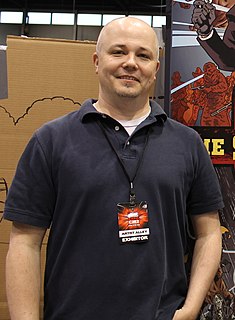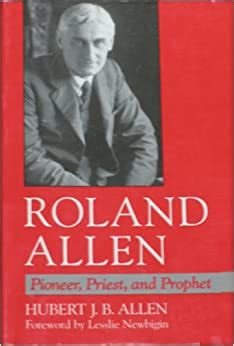A Quote by Margaret Mahy
There are certainly times when my own everyday life seems to retreat so the life of the story can take me over. That is why a writer often needs space and time, so that he or she can abandon ordinary life and "live" with the characters.
Related Quotes
How often do we tell our own life story? How often do we adjust, embellish, make sly cuts? And the longer life goes on, the fewer are those around to challenge our account, to remind us that our life is not our life, merely the story we have told about our life. Told to others, but — mainly — to ourselves.
This is why we shouldn't be afraid. There are two possibilities: One is that there's more to life than the physical life, that our souls "will find an even higher place to dwell" when this life is over. If that's true, there's no reason to fear failure or death. The other possibility is that this life is all there is. And if that's true, then we have to really live it - we have to take it for everything it has and "die enormous" instead of "living dormant," as I said way back on "Can I Live." Either way, fear is a waste of time.
A writer can't just be well-educated or good at research; to build a living, breathing world with interesting characters, you have to write from the gut. I'm not saying you have to live your life like a fantasy adventure. The trick is the ability to synthesize your own everyday experiences into your fiction. Infuse your characters with believable emotions and motivations. Infuse your world with rich sensory detail. For that you have to be in touch with your own existence and your own soul, the dark and the light of it.
The extraordinary woman depends on the ordinary woman. It is only when we know what were the conditions of the average woman's life - the number of children, whether she had money of her own, if she had a room to herself, whether she had help bringing up her family, if she had servants, whether part of the housework was her task - it is only when we can measure the way of life and experience made possible to the ordinary woman that we can account for the success or failure of the extraordinary woman as a writer.
My life after childhood has two main stories: the story of the hustler and the story of the rapper, and the two overlap as much as they diverge. I was on the streets for more than half of my life from the time I was thirteen years old. People sometimes say that now I'm so far away from that life - now that I've got businesses and Grammys and magazine covers - that I have no right to rap about it. But how distant is the story of your own life ever going to be? The feelings I had during that part of my life were burned into me like a brand. It was life during wartime.
The writer must always leave room for the characters to grow and change. If you move your characters from plot point to plot point, like painting by the numbers, they often remain stick figures. They will never take on a life of their own. The most exciting thing is when you find a character doing something surprising or unplanned. Like a character saying to me: ‘Hey, Richard, you may think I work for you, but I don’t. I’m my own person.’
































